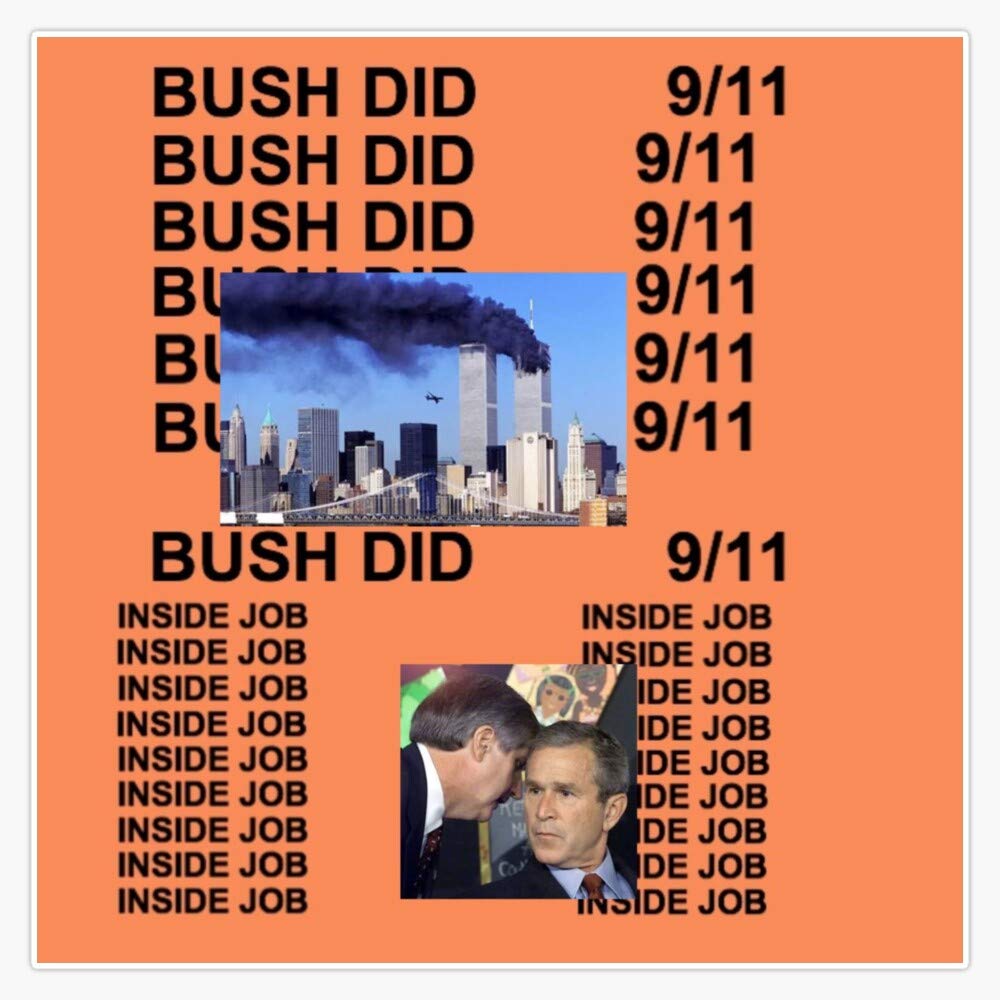Charitable service and patriotism
The events in New York City on September 11, 2001, separate what came before and all that has happened since in American society. The front page of the Heralds and Independent* all described local residents as “stunned” by the tragedy, when several commercial airplanes were hijacked and crashed into the Twin Towers of the World Trade Center, causing thousands of casualties.
Many first responders valiantly sacrificed their own lives in attempts to rescue those still in the towers while they were still standing, before they both collapsed.
Amid the confusion and before the dust had settled, politicians initiated the most significant restructuring of the federal government in modern history, while dubbing 9/11 Patriot Day. The changes were sudden, although the preparations had been long and deliberate.
The social climate that helped usher in the USA PATRIOT Act and the creation of the U.S. Department of Homeland Security was one of unity and patriotism, but a unity and patriotism founded in large part upon rage, grief, disorientation, and even a thirst for vengeance in some quarters.
The DHS grew quickly to become what is now, seemingly, a permanent fixture in American life. But what also grew was a mounting sense of gratitude for and recognition of those first responders who had made the ultimate sacrifice to mitigate the tragic harms people at the World Trade Center suffered that day.
As early as 2002, people impacted by 9/11 began organizing an event to help Americans express that gratitude and recognition together. 9/11 Day was founded by David Paine, an NYC native and public relations professional, and Jay Winuk, a friend of Paine’s. Winuk had experience in nonprofit organizing and his brother, a volunteer firefighter, died in the South Tower lobby.
By 2009, the federal government recognized the work the 9/11 Day organization was doing and established the September 11 National Day of Service and Remembrance. On Sept. 11, 2011, surveys indicated more than 35 million Americans engaged in some form of charitable service in remembrance of the lives lost on 9/11.
Acts of charity and expressions of gratitude are inherently superior to acts and expressions arising from anger and desires for revenge, although the latter are valid and nothing to feel shame over, necessarily.
Just as violence tends to be cyclical, so does compassion—each a cycle with capacity to break and supplant the other.
Sometimes the most appropriate response in a situation is not immediately clear. But to err is human and to forgive is divine.
So today, on 9/11, let us root our remembrance in service and compassion. Let our unity be patriotic, but above all, divine.
* the publications I have reported for since spring of last year and edited since spring of this year

Comments
Post a Comment